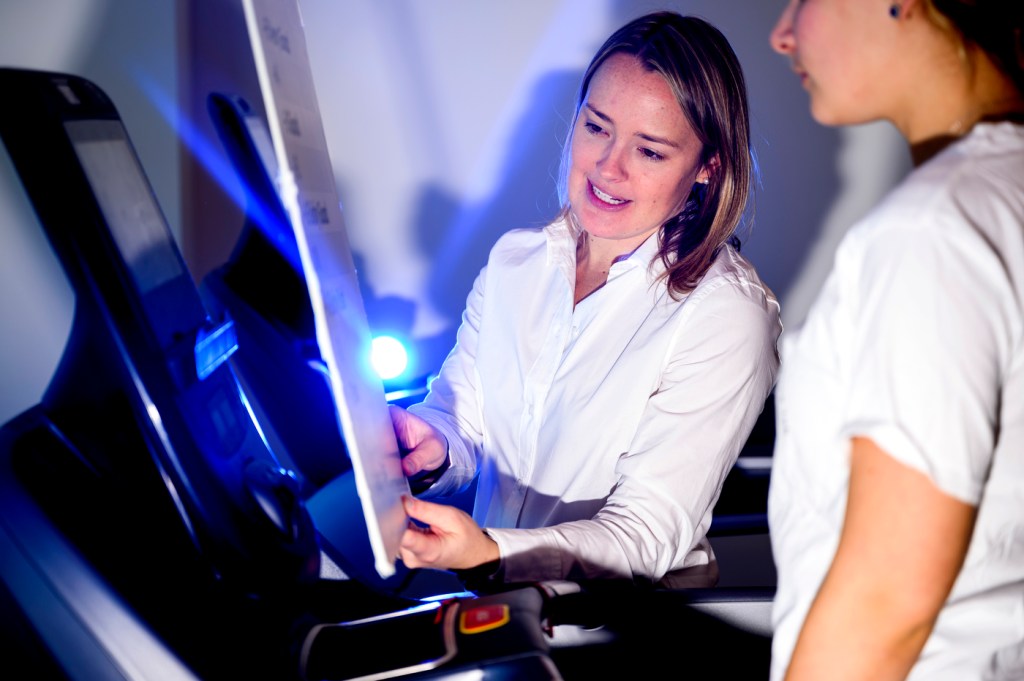Does exercise improve kids’ math skills? Yes, but it won’t help with reading or spelling, new research finds

Researchers have long linked physical fitness to higher academic performance.
But sorry, bookworms — that association may only be in math, according to new research from Northeastern University.
“We found that in 8- to 10-year-old children, those who were more physically fit had higher scores in math and on measures of executive function,” Northeastern University professor Lauren Raine says.
“But we did not see a relationship between better fitness and reading or spelling,” Raine continues.

The results were documented in the paper “Aerobic fitness and academic achievement: Disentangling the indirect role of executive functions and intelligence,” which appears in the January issue of the journal Psychology of Sports and Exercise.
The association between physical fitness and higher academics has been documented by studies since at least 2003.
But Raine explained that these studies have been highly variable.
For instance, studies may have used different, and often subjective, methods of evaluating academic performance such as grades, test scores, etc. — or evaluated different age groups of students or students from specific socioeconomic backgrounds, of different fitness levels, etc. As a result, researchers have debated whether individual studies’ findings were truly universal.
Moreover, researchers debated what kind of academics were improved by physical fitness and what explained that improvement.
So, researchers focused on two things — “executive functions,” such as the ability to ignore distractions and remain focused and the ability to multitask; and IQ — and compared them with the physical fitness of 218 children ages 8 to 10.
The children completed tests to measure their intelligence and answered questions to establish their socioeconomic status and stage of puberty. And they hit the treadmill, running until exhaustion on an increasingly inclined slope and while wearing a mask to measure their oxygen consumption.
On a different day, the children were given tests measuring their ability to ignore distractions and remain focused and their ability to multitask. The children were also tested in reading, spelling and arithmetic.
The researchers found that better fitness predicted better arithmetic skills, but had no effect on reading and spelling skills.
In addition, those in better shape were also better able to ignore distractions and multitask. But fitter individuals were not necessarily more intelligent, nor did intelligence explain the link between fitness and arithmetic skills.
And being able to ignore distractions and being able to multitask combined with intelligence were related to increased academic performance in all three subjects: arithmetic, reading and spelling.
But while the researchers have figured out what academics physical fitness impacts, they do not have the answers to how and why this association works.
“What’s happening in the body, in the blood, and in the brain to get them these changes in outcomes?” asks Raine, an assistant professor in the department of physical therapy, movement and rehabilitation sciences and the department of medical sciences at Northeastern. She also works in the Center for Cognitive and Brain Health at the university.
That’s the next step. As for now, Raine recommends that kids keep active with 60 minutes of moderate to vigorous physical activity a day.
Your math teacher will thank you.
Cyrus Moulton is a Northeastern Global News reporter. Email him at c.moulton@northeastern.edu. Follow him on X/Twitter @MoultonCyrus.






